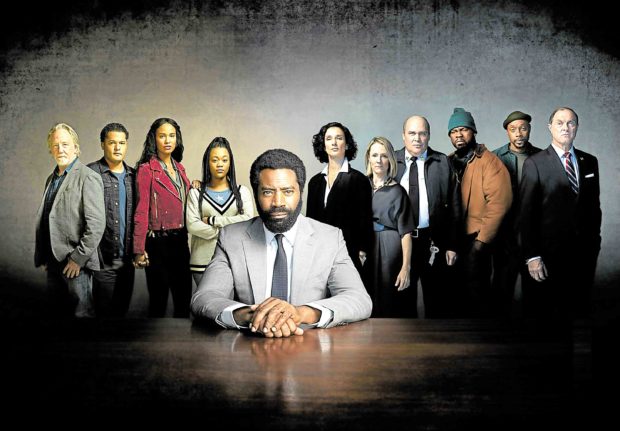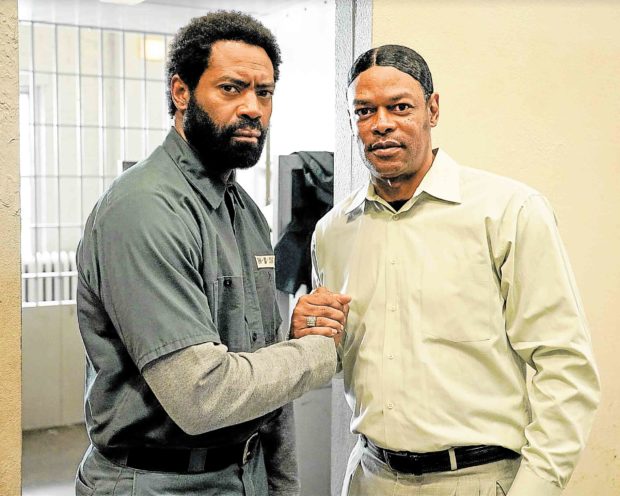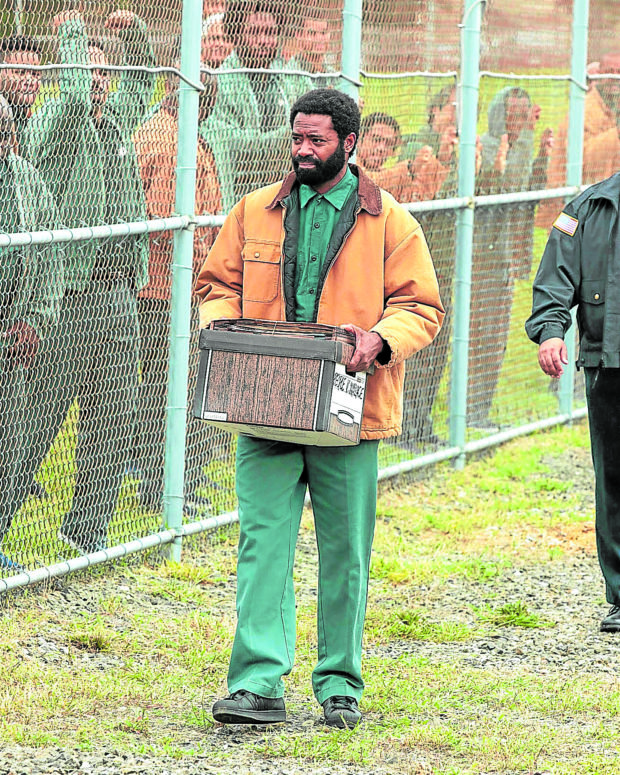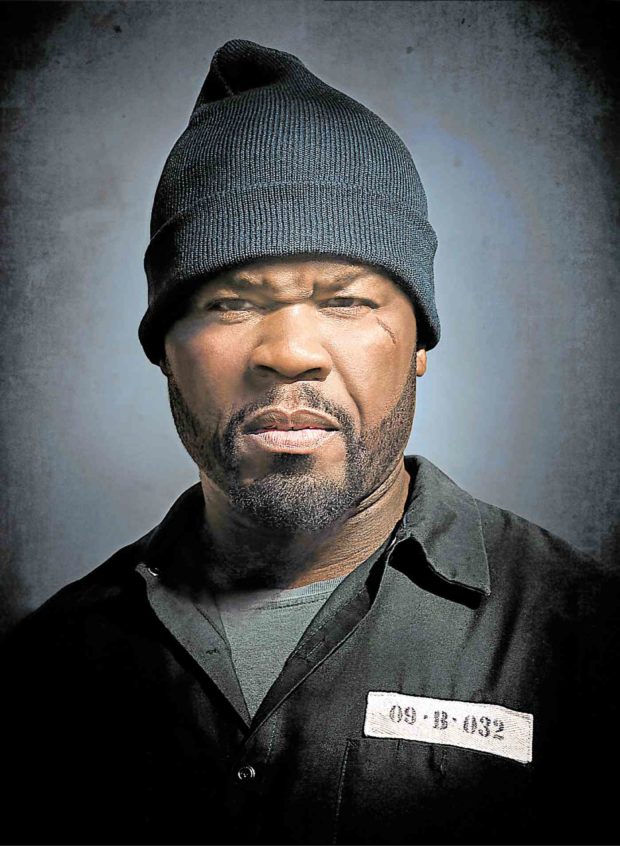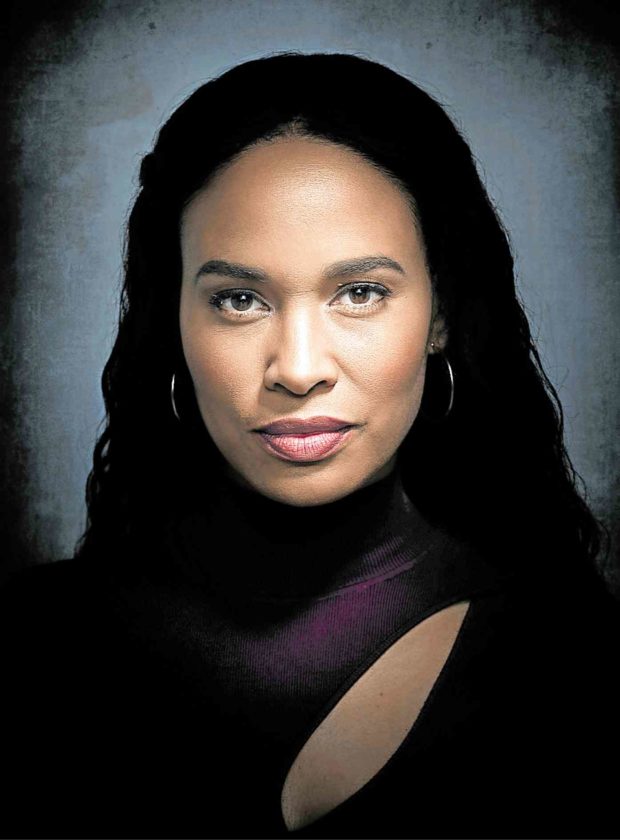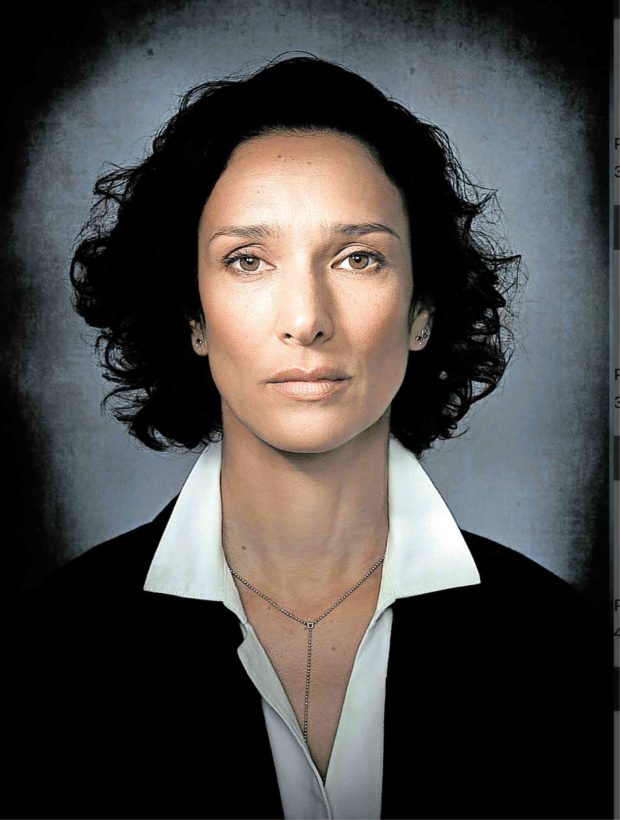Nicholas Pinnock willing to break the law to prove he’s innocent—and he explains why
Isaac Wright Jr. served seven years in prison for a crime he didn’t commit. In 1991, he was sentenced to life in prison for fabricated drug charges. But he didn’t allow that low blow in life to knock him out for good.
With many people convinced of his guilt, Isaac soldiered on and studied law behind bars, along the way overturning the wrongful convictions of 20 of his fellow inmates—even before he managed to finally prove his own innocence! But for Isaac, becoming a lawyer was just a means to an end.
Isaac is one of a number prisoners, innocent or otherwise, who turned their lives around and became lawyers, including Reginald Betts (accused of carjacking), Jarrett Adams (dorm rape), Brandon Sample (money laundering), Desmond Meade (drug- and firearms-related offenses), James Hamm (murder), Tarra Simmons (organized retail theft) and Shon Hopwood (bank robbery).
So, if you don’t believe in second chances, their sterling examples will prove you wrong.
The TV series “For Life,” whose Season 2 was shot over the course of the lockdown and launches on Fox at 9:50 p.m. tomorrow, is loosely based on Isaac’s life as it chronicles how the charmed life of former club owner Aaron Wallace (Nicholas Pinnock) comes crumbling down after he is wrongfully convicted of drug trafficking. He is then hauled off to prison to serve a life sentence, with no possibility of parole.
But Aaron’s woes don’t end there. Thereafter, his wife Marie (Joy Bryant) falls in love with his otherwise supportive best friend Darius Johnson (Brandon J. Dirden). Meanwhile, his beloved daughter Jasmine (Tyla Harris) gets herself pregnant out of wedlock.
With prosecutor Glen Maskins (Boris McGiver) blocking every move he makes to reopen his case, Aaron consolidates what little resources he has to overturn his bad luck, with a little help from a few allies, including correctional warden Safiya Masry (the brilliant Indira Varma) and her partner Anya Harrison (Mary Stuart Masterson), his prison buddy Jamal Bishop (Dorian Crossmond Missick), and former New York state Sen. Henry Roswell (Timothy Busfield).
Along the way, Aaron needs to watch his back against nefarious elements in the facility, including drug-peddling corrections officer Frank Foster (Glenn Fleshler), white supremacy gang leader Will Bill Miller (Peter Greene) and dangerous new transferee Cassius Dawkins (producer and guest star 50 Cent aka Curtis Jackson).
Even after seeing a glimmer of hope at the end of Season 1 and the sophomore season’s spirit-boosting first episode, there are a number of pesky loose ends in Aaron’s life that urgently need tying up.
What we like about the series, which has an 86-percent approval rating on Rotten Tomatoes and dubbed “a small marker in an evolving national conversation” by the New York Times, is its refusal to go for schmaltz and romanticize its flawed protagonist, who isn’t beyond committing something illegal to prove a point.
While the show does its best to keep its progression realistic and devoid of dramatic excesses, Nicholas’ subtle but relatable portrayal helps keep things on an even keel.
We spoke to Nicholas last week for this exclusive one-on-one interview, just as it was becoming clear that American voters have finally decided to kick President Donald Trump out of the White House.
We asked the 47-year-old British actor to weigh in on the repercussions of Joe Biden and Kamala Harris’ ascent to power, and if he thought issues of systemic racism, equality and the criminal justice system would be impacted by the Biden-Harris leadership.
“Yes, I do,” Nicholas answered. “But listen, I think for whoever is in power in whatever era we’re in, that is always going to be an issue—but to what degree, it is yet to be seen. But yeah, I don’t believe that we’re ever going to get away from any impact that these things have on politics and on the globe—not in my lifetime or yours.”
Our Q&A with Nicholas:
Episode 1 of Season 2 feels like the realization of a promise—and it’s perfect, almost prescient, for the current political climate in the United States. Were you familiar with Isaac Wright Jr.’s story before you were offered the role? Did you talk to him to help shape the character?
Oh, I love your enthusiasm. Before I read the script, I was not aware of who Isaac was. But once I got involved in the project, he has become my very close friend. He gave me some wonderful insights into the judicial and prison systems. His guidance was the huge influence that helped inform how I created Aaron.
What was your first reaction after you read the script?
I had some questions. I wasn’t convinced that it was a story that I wanted to tell. But after having extensive conversations with the directors (Russell Lee Fine, et al.), the writer and creator (Hank Steinberg) of the show, it became very clear to me that this was absolutely something that I wanted to be a part of.
What can viewers of the show expect from Aaron in Season 2?
Aaron is no longer in prison for much of Season 2. He gets released and deals with his family. There’s now a lot more focus on that stuff between him and Marie, his home life with Jasmine, his relationship with Roswell, and being a grandfather—these things are being explored with a lot more depth.
But we don’t lose the fight him and in the social justice warrior we saw in the first season. He didn’t lose any of that passion for doing the right thing and making sure that justice is served.
How different was shooting the new season compared to the pilot?
We have the COVID-19 restrictions now, and they’re very strict and tight. So, filming has been very difficult, and very different from what we’re used to. Still, we have managed not to lose a lot of what the show is about.
There are tests anywhere between four and six times a week, depending on how much contact there is with people in the scenes. We have to move back and forth to our dressing rooms quite a lot. And we were very conscious that there’s a pandemic.
As far as the story is concerned, yes, it feels different not being inside a prison cell every day, and not wearing the same outfit (laughs). Every day, when you go to work, you know you’re seeing a new lease on life for Aaron and the show—and that’s a very positive thing.
You played another true-to-life character—and Nelson Mandela, of all people—in an earlier project, which was about Mandela’s sentencing in 1963. In terms of characterization, isn’t it more daunting to portray real-life characters compared to fictional ones?
It’s interesting enough that, in both projects, I played version of these two people. I was neither a sound-alike nor a look-alike for Nelson Mandela or Isaac Wright Jr. I portrayed versions of them.
The reason we didn’t do a look-alike characterization for Mandela was because, you know, I had worked on the accent and his physicality, his cadence and everything. But the director and I had a long chat about it.
He said, “Look, this is won ery single actor who had played Mandela, people will go, ‘But he’s such an iconic figure!’” They will just start saying how much different the actor is from Mandela himself—and that will be the focus [of conversation], instead of the film.
Actually, the project was culled from the “Words of Mandela.” You know, Mandela and [Winston] Churchill are the two most-listened to speechmakers in history. And we wanted people to just focus on Mandela’s speeches and how significant his words were. So I played a version of him, and the only thing we kept was his cadence.
In Isaac Wright Jr.’s case, “For Life” is inspired by his life story—it’s not based on his life story. So, I didn’t have to look or sound like him. But again, I took essences of Isaac to bring Aaron’s story to life.
One of the things that I love about your portrayal of Aaron is the fact that he’s not an idealized or romanticized character—he’s as real as it gets. So, I have a Solomonic question for you: Would you break the law to prove your innocence?
You’re asking me personally, if I would break the law to prove my innocence? Oh, yeah, absolutely. Yeah. If I was innocent, I would do anything to prove it, yeah. INQ
“For Life,” Season 2 premieres on Nov. 19 and airs every Thursday, same day as the US, at 9:50 p.m. on Fox (channel 50 on SkyCable and channel 233 HD on Cignal CH 233 HD).
